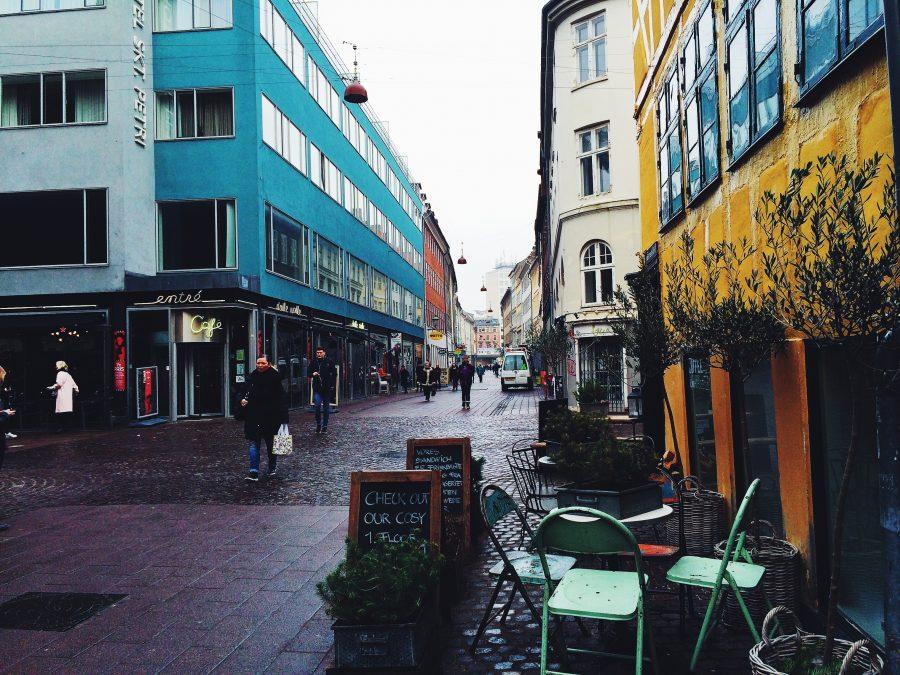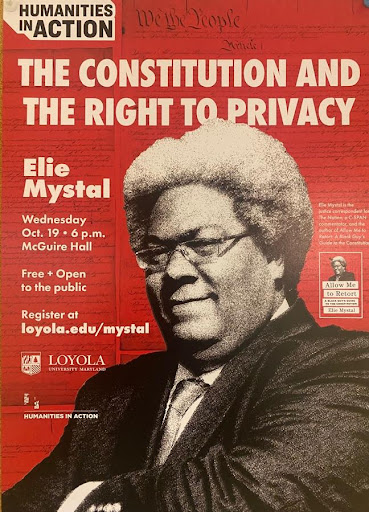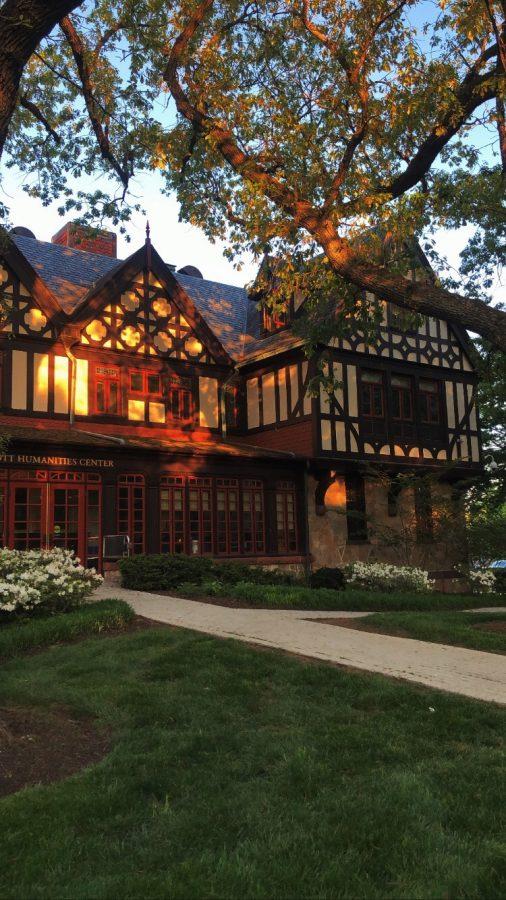My photo, above, shows the intersection of Fiolstræde and Krystalgade, just around the corner from where the second shooting took place.
For many, this past weekend’s events in Copenhagen were terrifying and shocking, especially so soon on the heels of the Charlie Hebdo attack in Paris just a few weeks ago.
The news, on a personal level, sent me reeling: the supposed target of the first shooting at a media and free speech lecture in Østerbro is a Swedish artist named Lars Vilks, who I met one year previously almost to the exact day. One of my professors abroad intended to attend the lecture, and didn’t only because of a last-minute scheduling issue.
The second shooting, which took place around midnight outside of the center city’s main synagogue on Krystalgade, is located less than a block from where I lived for nearly half a year, and directly across from a favorite café I frequented during those five months. Though it’s no longer my home, this news hit close to home.
I thought of our fellow Hounds studying in Copenhagen currently, and how likely it could have been for them to be walking around Østerbro or down Krystalgade at those times, unsuspecting. I thought of my Danish friends, some of whom were out and trying to find their way home amidst the chaos of police activity and closed down metro stations. I thought of my upcoming trip to Copenhagen for spring break in less than two weeks, and how I will be observing a city in the immediate wake of a terrorist attack.
Those who have been to Denmark know how much this image is in contrast to the norm: it’s a place that is usually laidback, quiet, and, yes, “hyggeligt.” It’s known internationally for its cuisine, its wind-power and perhaps most of all for its reputation as the “Happiest Country in the World.” Copenhagen, though a major capital city, is almost crime-free, at least by American standards. Bike theft is practically the most heinous misconduct the city faces on a semi-regular basis. Guns, which run rampant here, aren’t really an issue there at all.
During my time abroad, I walked home alone through the city as late as 3 a.m. (one time, even holding my laptop quite visibly.) Once, I waited at the bus stop by myself in an unfamiliar neighborhood and rode the bus from the suburbs back into the city, alone, well after dark. These things seemed okay there; there was never a moment when I felt unsafe. This means a lot coming from a self-described paranoid person who would never dream of doing such things in Baltimore, or my hometown of Philadelphia, or probably any other city.
But Copenhagen seemed like an entirely different world. Of course, it’s not fault-free, but for the most part, people are taken care of economically by the welfare state system, which on the whole makes for a happy, healthy and safe society. Crime and danger, by our standards, hardly exist in “Wonderful Copenhagen.”
Perhaps this is why the attacks on Saturday came as such a shock. I am reluctant to use the word “surprise,” because Danes have been at the center of a sort of multicultural tug of war for years, most prominently in 2005 with what is now known as the Danish Cartoon Crisis. That year, the newspaper Jyllands-Posten published a set of 12 cartoons that were read by many as being decisively anti-Islam, even if that was not necessarily the intent of all the cartoons. The publication caused major backlash, even pushing some Muslims across the world to burn the Danish flag in protest. Charlie Hebdo got in trouble back then, too, for republishing Jyllands-Posten’s cartoons. When the recent Paris attack happened, it reminded me all too well of the events of 2005.
Furthermore, the Danish People’s Party (and its outspoken leaders like Martin Henriksen, whom I also met) has what we would call a very conservative stance on non-western, specifically Muslim immigration, and popularity for this party has been creeping up in the past few years.
This recent act of terror was unexpected and absolutely unwarranted as innocent lives were lost and affected; this is unacceptable and something neither I nor the Danish people will condone. But still, it must be acknowledged that the alleged sentiment behind it has been brewing in Denmark for at least decade.
What is important to remember moving forward is to not generalize or stereotype. Like 9/11, like the recent ISIS killings, this was not an incarnation of Islamic beliefs. It was the work of one young man, allegedly Omar el-Hussein who was killed in a police shootout, who had a criminal record and was released from prison just two weeks before the shooting occurred. While much remains to be investigated, this incident was probably motivated by religious extremism.
In Denmark, I studied Cross Cultural Communications and my class spoke with not only the anti-immigration party, but also the leader of a Danish mosque and Danish Muslim schoolchildren. In this class and others, too, I have, to an extent, studied the basics of Islam in an academic context. Though I am no expert, it should be clear that “extremism,” in this supposedly religion-fueled attack and others like it, is a very important key word. Let’s hope the Danish People’s Party and others don’t try to manipulate this fact.
Danish Prime Minister Helle Thorning-Schmidt summed it up well in a public address following the attacks. She said, “I want to underline that this is not a conflict between Islam and the West. This is not a conflict between Muslims and non-Muslims. This is a conflict between the core values of our society and violent extremists.”
In short, Denmark shouldn’t let this incident, carried out by the hands of one man, define the future of their political climate. The intercultural dialogue needs to remain open, tolerant, and genuine in the trying weeks and months to come as Denmark begins to heal from the wounds carved out by this act of terror.









































































































